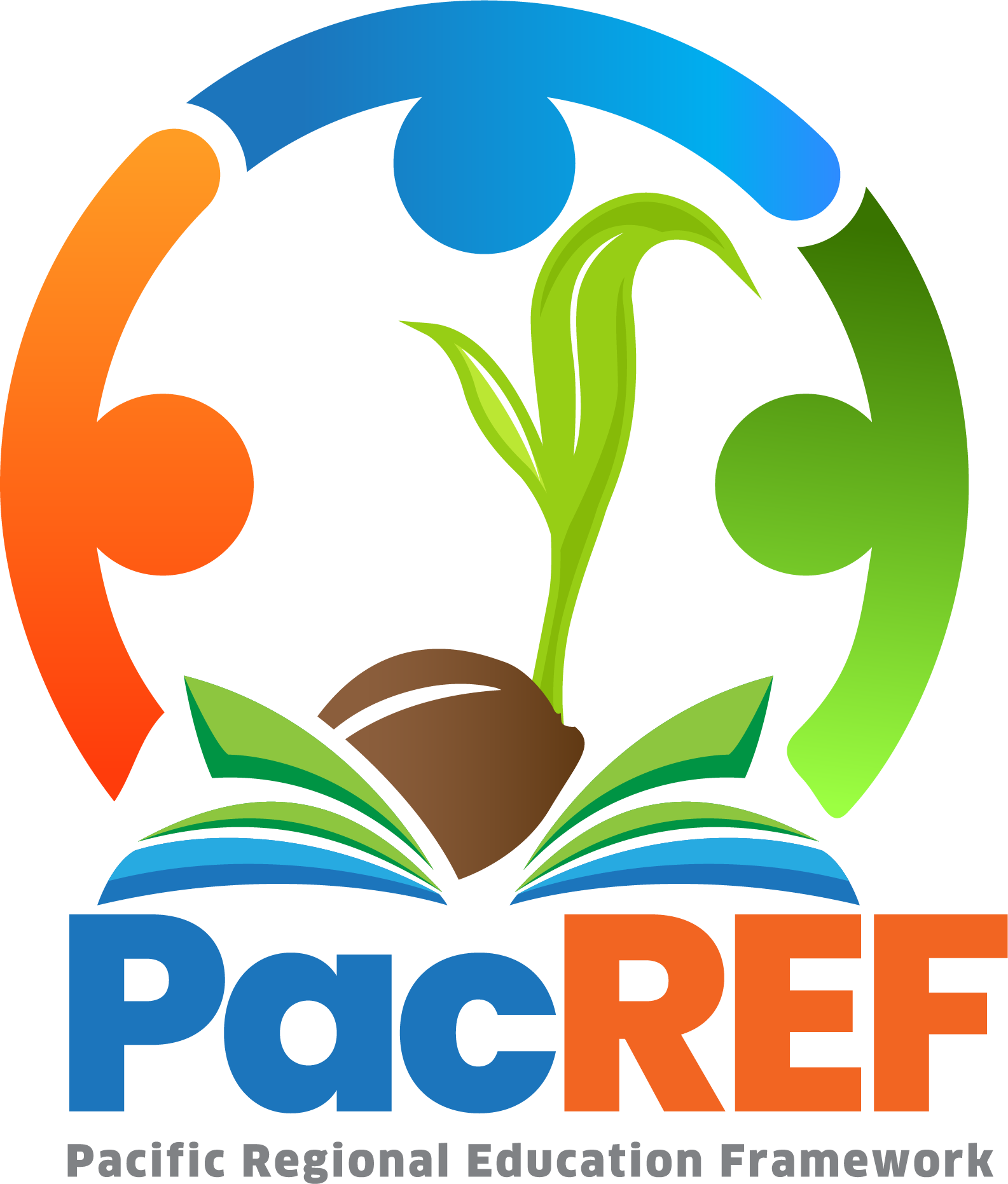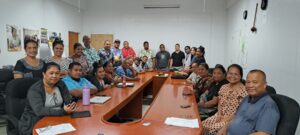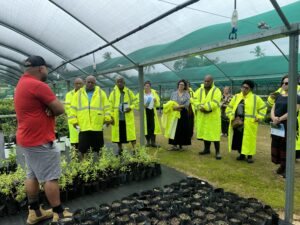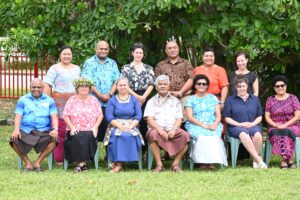“The Pacific Island Literacy and Numeracy Assessment (PILNA) is undoubtedly an important metric tool that offers a snapshot of the quality of learning and teaching across the region,” says Pacific Regional Education Framework (PacREF) Facilitating Unit Coordinator, Mr Filipe Jitoko.
He made the comment following the successful launch of the PILNA 2021 regional report by the Secretariat of the Pacific Community (SPC) Educational Quality and Assessment Programme (EQAP) on 8 September.
The PILNA findings directly relate to student outcomes and well-being, a key priority area of the Pacific Regional Education Framework (PacREF).
Findings from the PILNA 2021 report will also inform PacREF and many of the activities undertaken by its implementing agencies.
Mr Jitoko further indicated that PacREF recognises and promotes the contribution of regional agencies, actively encourages the application of regional standards and South-South Cooperation, and commends EQAP for its extensive contribution to regional education progress.
“At the regional level, we engage a wide range of stakeholders at different levels, within governments and civil societies, seeking effective strategies for collaboration and partnerships to support education development at national levels,” he said.
“This is the model of the PacREF, which is grounded on the principle of regionalism. We congratulate EQAP on the PILNA assessment it has conducted every three years since 2012, which has evolved into one of the region’s most comprehensive educational assessment tool.”
PILNA focuses on the literacy and numeracy proficiency skills of Year 4 and Year 6 students.
These are foundational skills that children need to master to be successful through their learning pathways and long-life learning. PILNA assesses students in the Pacific on skills in reading and writing and numeracy on numbers, operations, and measurements. The results show their levels of mastery in each of the skills being tested in both literacy and numeracy.
The PILNA assessment is administered in two parts. The student’s basic literacy and numeracy skills are tested in an assessment component.
The other involves questionnaires for the students, teachers, and school heads.
EQAP administers the assessment with the technical assistance of the Australian Council for Educational Research (ACER).
EQAP’s Director, Michelle Belisle, highlighted the role of the assessment and explained, “PILNA does more than measure reading, writing and numeracy proficiency. The wealth of contextual information collected from students, teachers, school leaders and education systems give stakeholders rich information about the teaching and learning environments that underpin the results.”
At the Year 4 level, overall findings of PILNA 2021 show that across the region, on average, students are not meeting minimum expected proficiency levels in reading but are exceeding minimum expected proficiency levels in numeracy. Expected levels of performance have not yet been established for writing, but the average writing performance score is increasing.
The results for the Year 6 level show that, on average, students are exceeding the minimum expected proficiency level in numeracy and are meeting the minimum expected proficiency level in reading. As with Year 4, expected levels of performance have not yet been established for writing, but the average writing performance was about the same as in 2018.
This regional assessment captures Pacific students’ grasp of foundational literacy and numeracy skills vital for learning growth and active participation in society. The assessment also provides Pacific students with opportunities to provide information about their learning experiences through contextual questionnaires.
The 15 participating countries are the Cook Islands, the Federated States of Micronesia, Fiji, Kiribati, Nauru, Niue, Palau, Papua New Guinea, the Republic of Marshall Islands, Samoa, Solomon Islands, Tuvalu, Tokelau, Tonga and Vanuatu.
The assessment falls under EQAP’s list of activities, specifically under the Pacific Regional Education Framework (PacREF), and is funded by the governments of Australia and New Zealand.
The PILNA 2021 Report can be accessed here: https://pilna.eqap.spc.int/



